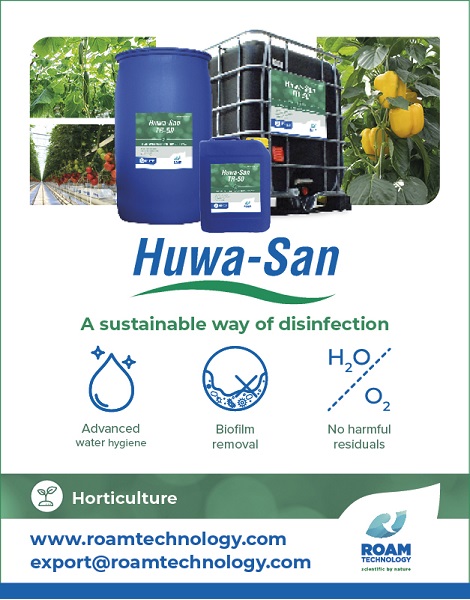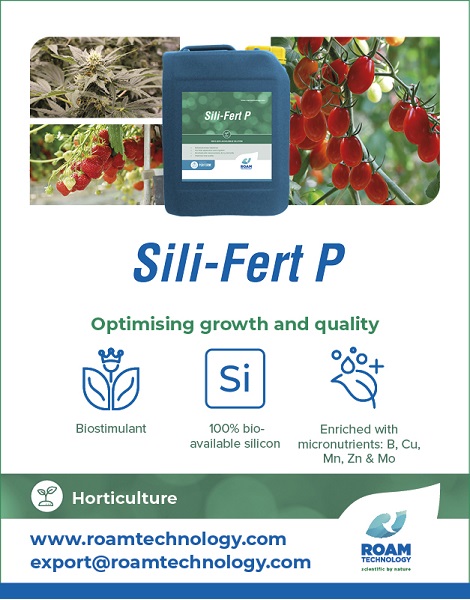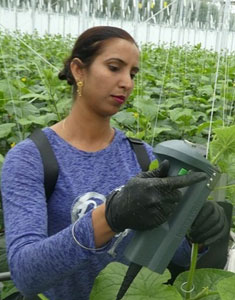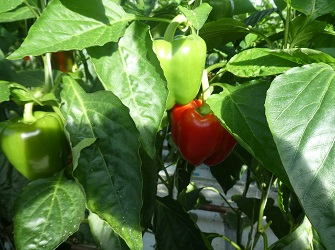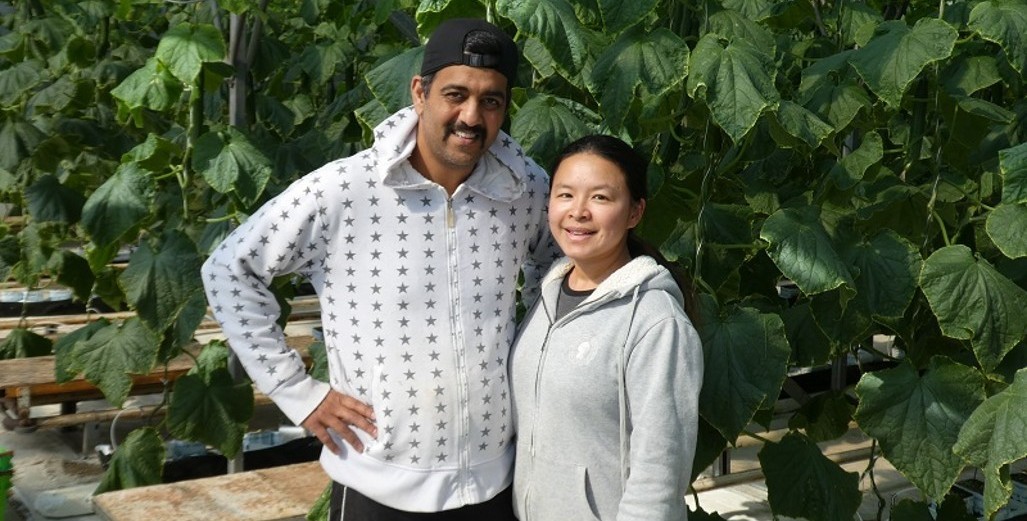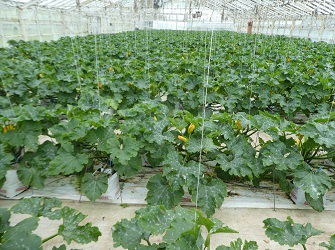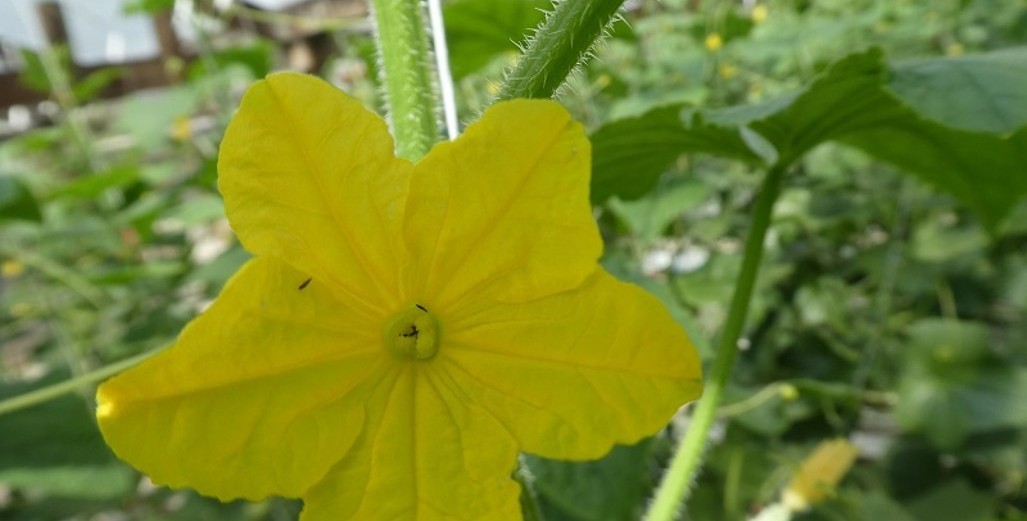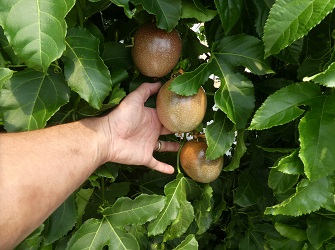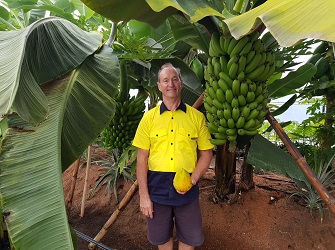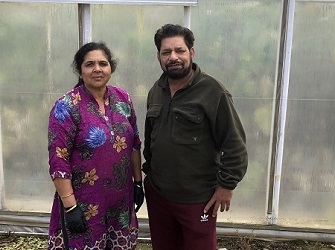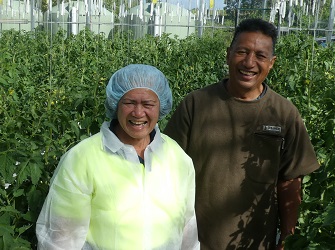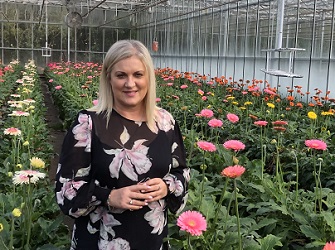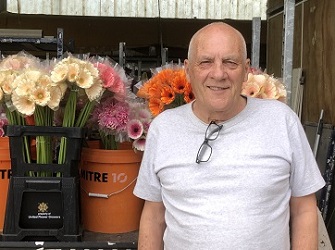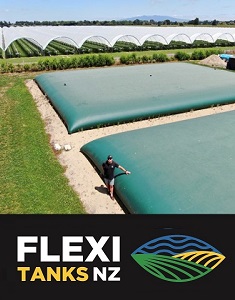Sign up here to subscribe to the Grower2grower Ezine. Every two weeks you will receive new articles, specific to the protected cropping industry, informing you of industry news and events straight to your inbox.
Mar 2024
Ribbon cutting marks the opening of a new JS Ewers Biomass Energy Centre

A state-of-the-art biomass plant, which will help reduce on-farm emissions by 98%, has been officially opened at Nelson growing operation, JS Ewers.
The event was attended by a number of key stakeholders including local Nelson MP, Rachel Boyack, representatives from the Tasman District Council, suppliers, customers and other local people with close links to the business.
The new boiler, which runs on a wood residue sourced from local forests, will generate all the heating required for 12 hectares of glasshouse, which grow tomatoes, capsicums and eggplant, eliminating the need for burning coal.
The project was supported with industrial co-funding from EECA (Energy Efficiency and Conservation Authority).
The process, which took nearly five years, was complex, involving more than simply installing the biomass boiler. It was a staged approach, including an earlier project to establish a large ring-main system, which is a network of large pipes carrying hot water throughout the site, along with a buffer tank used to store two million litres of water. There was also the physical construction of the large boiler shed, the fuel storage and handling system, as well as the connection to the existing plant.
“Our decarbonisation strategy saw us adopt a number of initiatives over the past seven years, with the completion of the biomass boiler the largest and most complex part of the plan,” said JS Ewers GM, Pierre Gargiulo.
“Feedback from EECA acknowledged the significant steps and investment made by our company. The long-term sustainability strategy was a key factor in securing a portion of co-funding for remaining projects.”
“Like all businesses looking to transition to greener energy, investment needs to be balanced as there are always competing priorities.”
“The EECA partnership has spanned the introduction of thermal screens in 2018, an Energy Transition Accelerator programme in 2020 that helped map a decarbonisation plan and provided the best pathway, the conversion of the smaller boilers to wood pellet and the eventual installation of the large biomass boiler.”
JS Ewers is a wholly owned subsidiary of Market Gardeners Limited, trading as the MG Group, with CEO Peter Hendry saying it was a significant step towards the co-operative’s sustainability ambitions.
“The MG Group has committed to making sustainability a strategic priority for the co-operative,” said MG Group CEO, Peter Hendry. “Across the MG Group we’re looking to continually improve all of our businesses and make sure our operations are as efficient and sustainable as possible.”
“In recent years our market business has invested heavily in moving to more environmentally friendly refrigeration systems and in a large solar project, however, the completion of the biomass boiler at JS Ewers is the single most significant project for the MG Group, removing approximately 27,000 tonnes of emissions annually.”
“When you add together the emissions reductions from all projects completed across the JS Ewers site, there’s a 98% reduction in on-farm CO2 emissions.”
“This project is not only a positive step forward for JS Ewers but for the industry more generally. A pleasing part of the project has been sharing our journey and learnings with other growers and hosting the likes of Tomatoes NZ and other interested growers on-site.”
ENDS
Further details about work undertaken at JS Ewers to reduce emissions:
- 2017 – First preliminary energy assessment for the site was completed.
- 2018 – Design and budgeting was completed for the integration of different energy sources, including initial planning for transitioning away from using coal.
- 2019 – Completion of the final design and construction of a two million litre insulated buffer tank heat store, energy distribution centre, underground transport ring-main to integrate energy between all heat sources and all greenhouses. Installation of thermal screens also commenced, which created an extra barrier, allowing the heat collected during the day to be retained.
- 2019 – Procurement of 15x full 40-foot containers from Europe, completion of 1km of trenching and installation of 4kms of pipe ring-main system. Construction was also completed for a 12m high heat store buffer tank with a capacity of two million litres; completion of the energy distribution centre, the introduction of energy production monitoring. This enabled the decommissioning of five coal fired boilers.
- 2021 – Completed the construction of an additional two million litre heat store unit. Detailed design and construction of the 9MW biomass plant took place, including the design and construction of biomass plant building. Another key milestone was the successful conversion for two coal fired heaters (on remote sites) to wood pellets.
- This period coincided with COVID-19, leading to significant challenges, particularly related to shipping and logistics associated with moving 500 tonnes of materials from a number of different ports.
- 2023 – Construction completed for the 1,400m2 plant room, which includes a 12.5m high internal drive through facility for biomass delivery, dual bunkers, integrated gantry crane and integrated control room.
- Before 2018 the site was consuming 230,000 GJ coal annually to deliver 150,000 GJ heat energy with 30MW peak generation capacity from coal. By 2021 the site was using less than 95,000 GJ heat energy per annum, approximately two-thirds the former usage due integration, decommissioning and site efficiency upgrades such as greenhouse screens. Plated peak capacity from coal was now reduced to 18MW.
- 2023 – All coal fired plants have now been decommissioned with the new biomass plant has plated output of 2x 4.5MW,
- Electricity was considered, but challenges around the requirements to upgrade the network, along with timeframes, meant the biomass option was favoured.
JS Ewers Biomass Energy Centre materials
- 1069.3m3 of concrete (not including the pre-cast)
- 39 tonnes of reinforcement steel
- 1825m2 mesh (not including the pre-cast)
- 65-70 tonne tonnes of structural steel
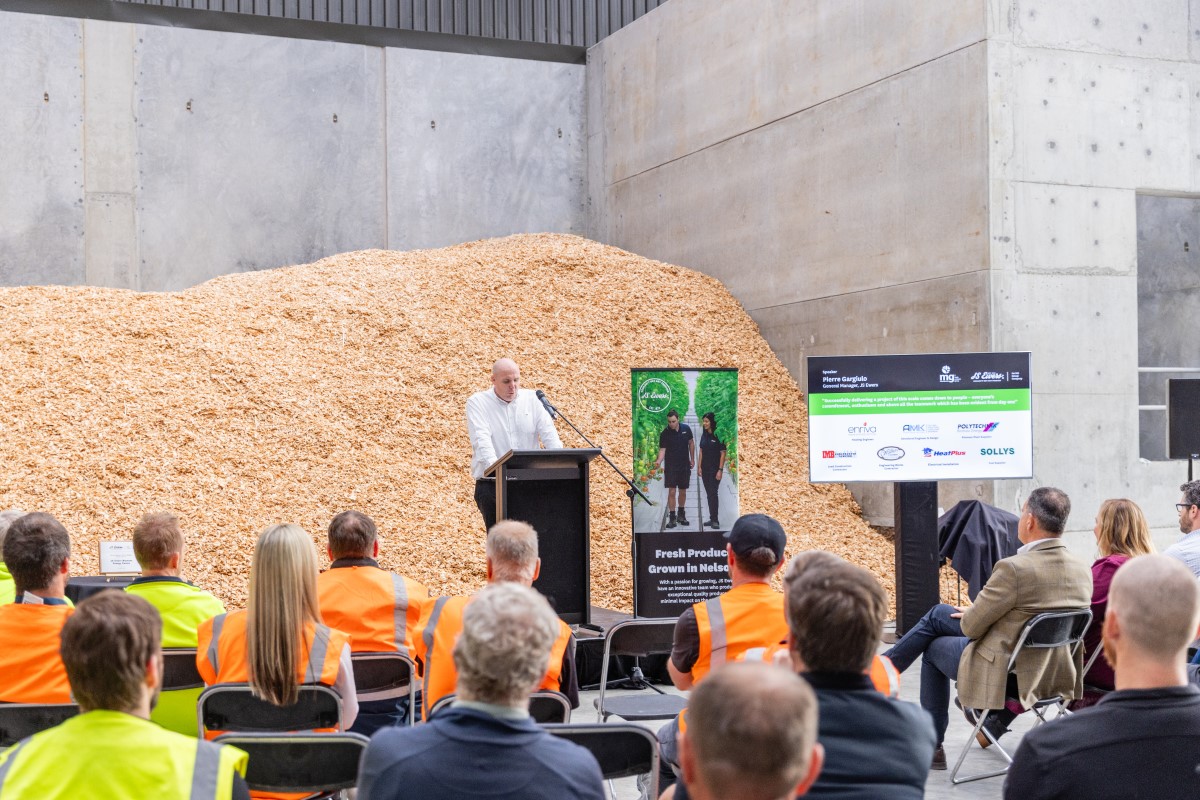
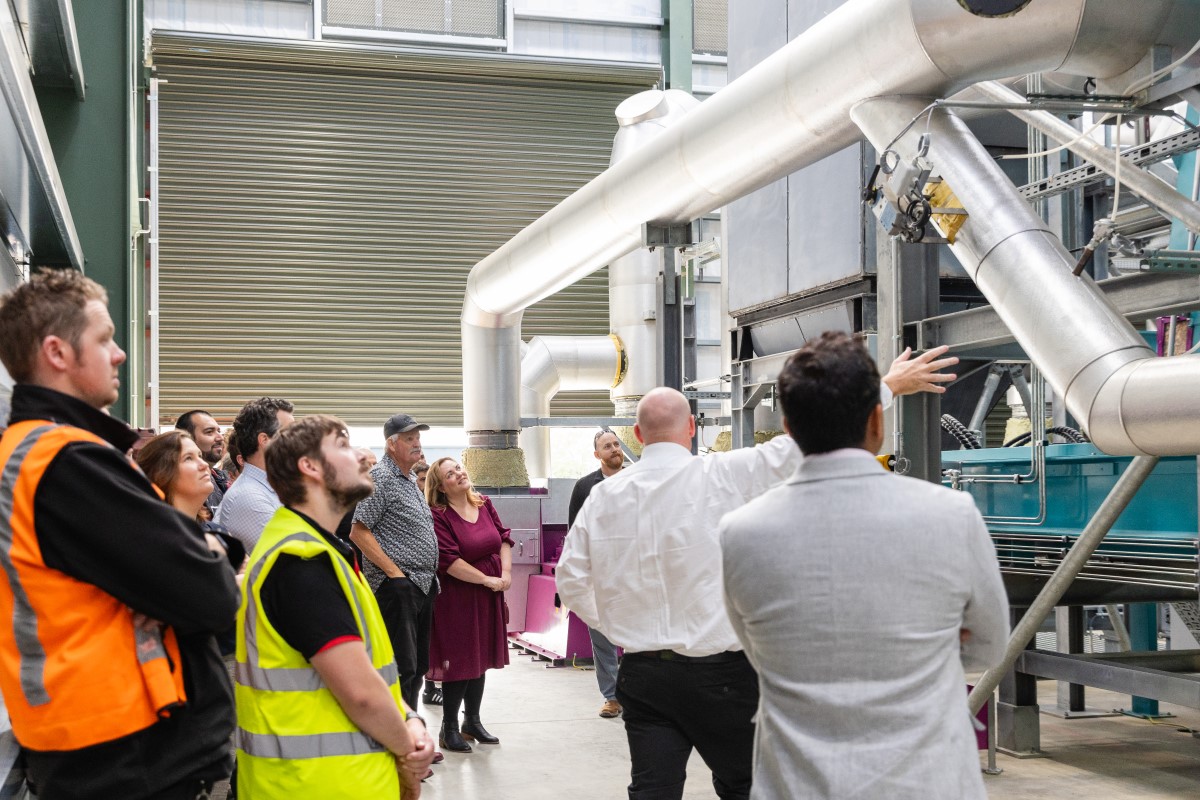
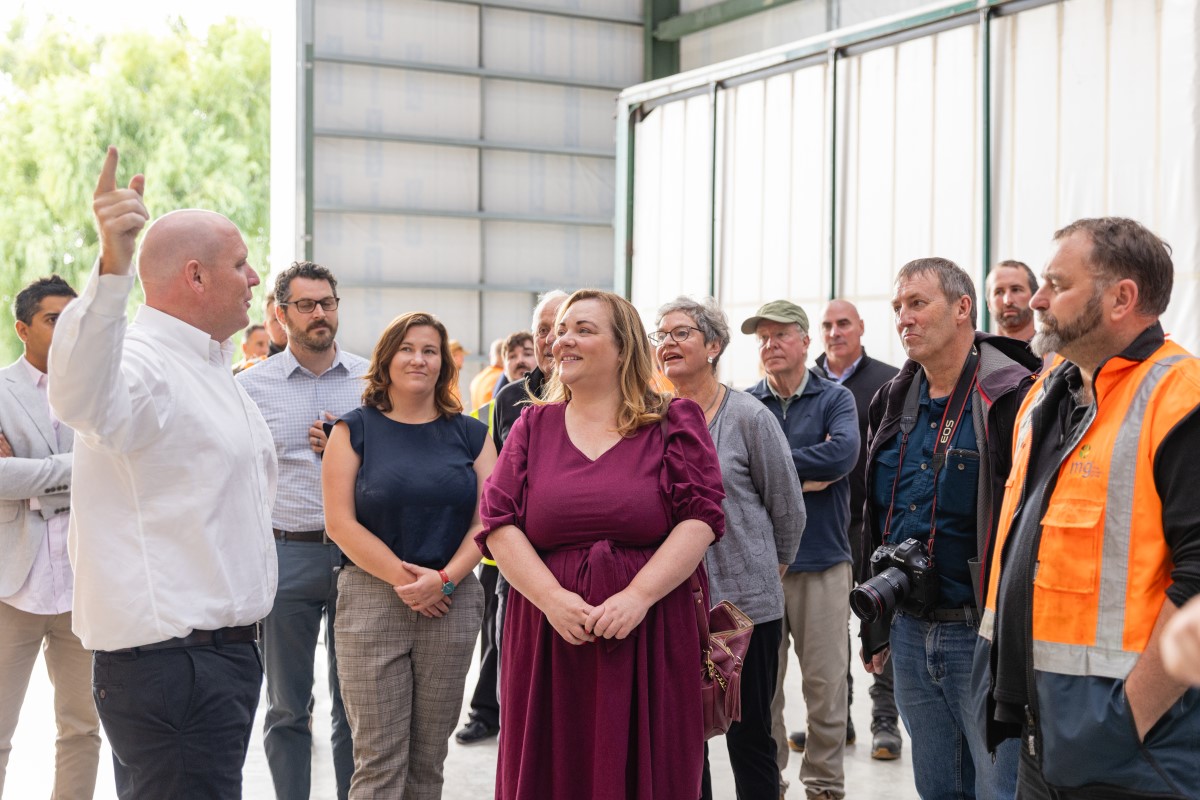
For more information contact:
Ellery Tappin
MG Group | General Manager Communications and Sustainability
etappin@mggroup.co.nz
CLASSIFIED
Photo
Gallery
Subscribe to our E-Zine
More
From This Category
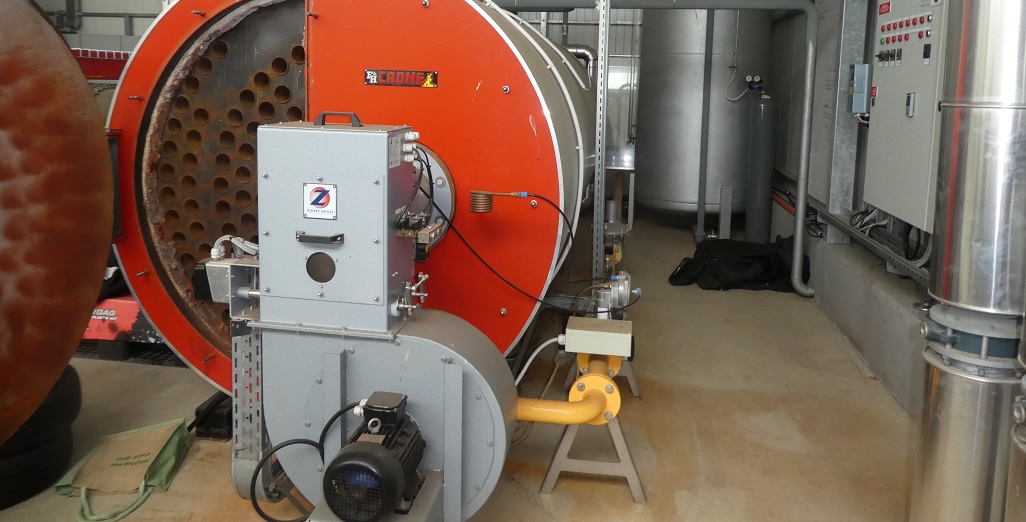
Gas supply for households and small business
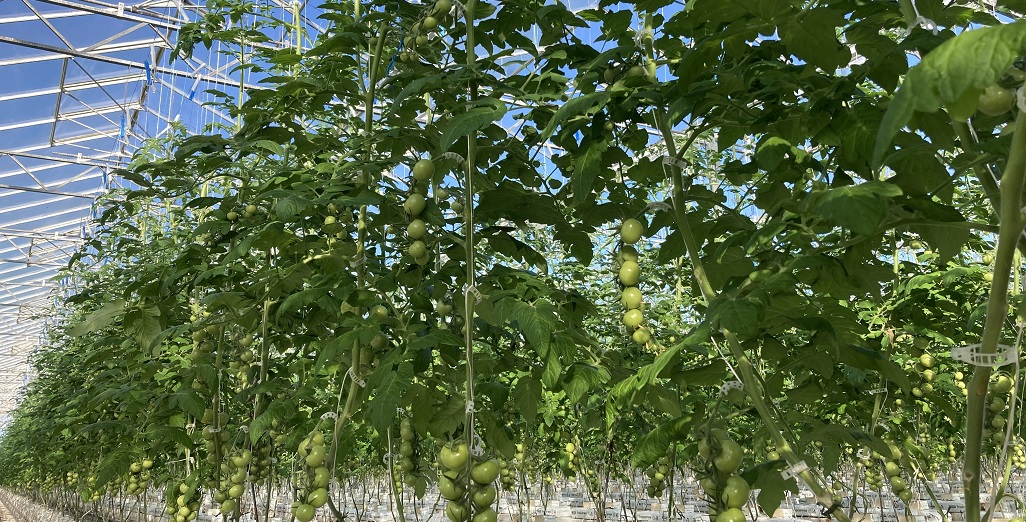
Geoheat Potential of the Tauranga Geothermal System
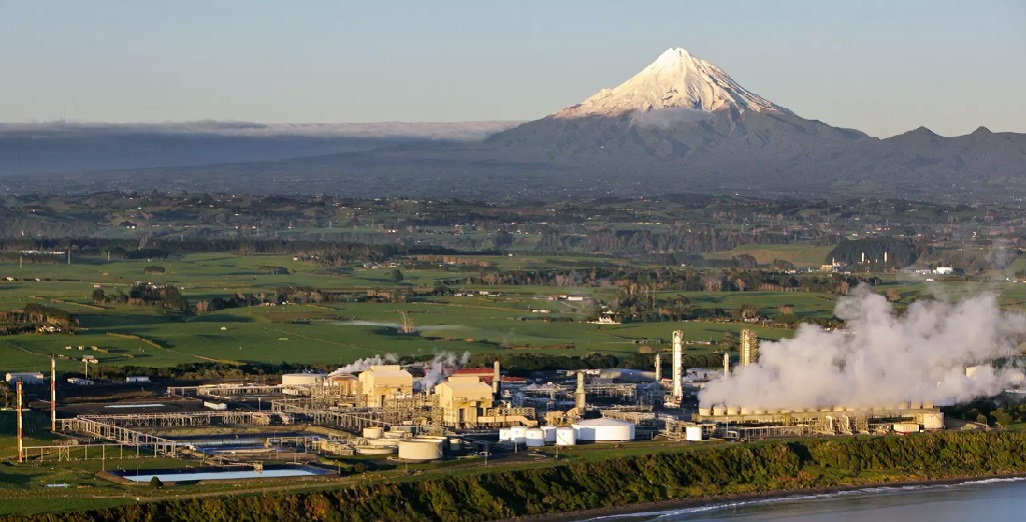
Up the creek without a paddle and a large hole in the canoe, now the canoe is patched up and has wings!
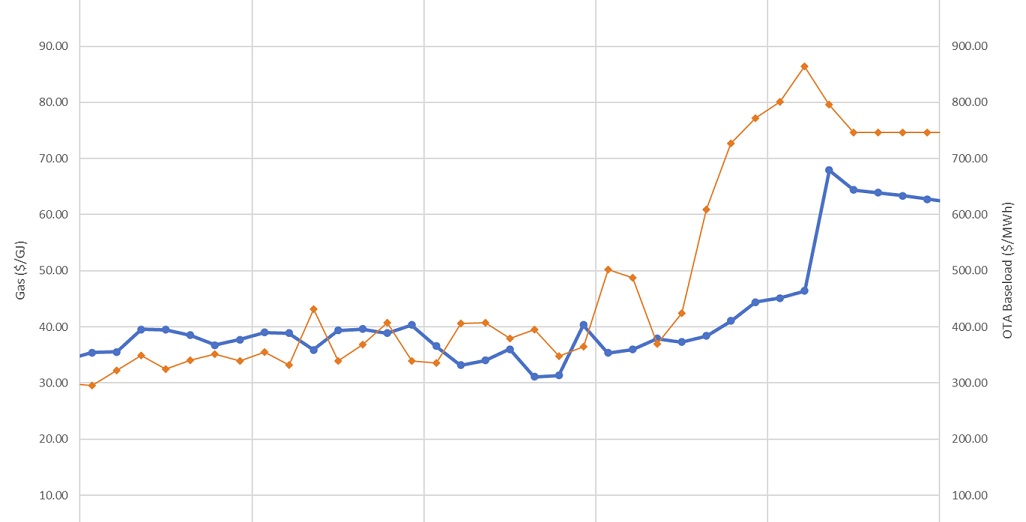
Up the creek without a paddle and a large hole in the canoe







